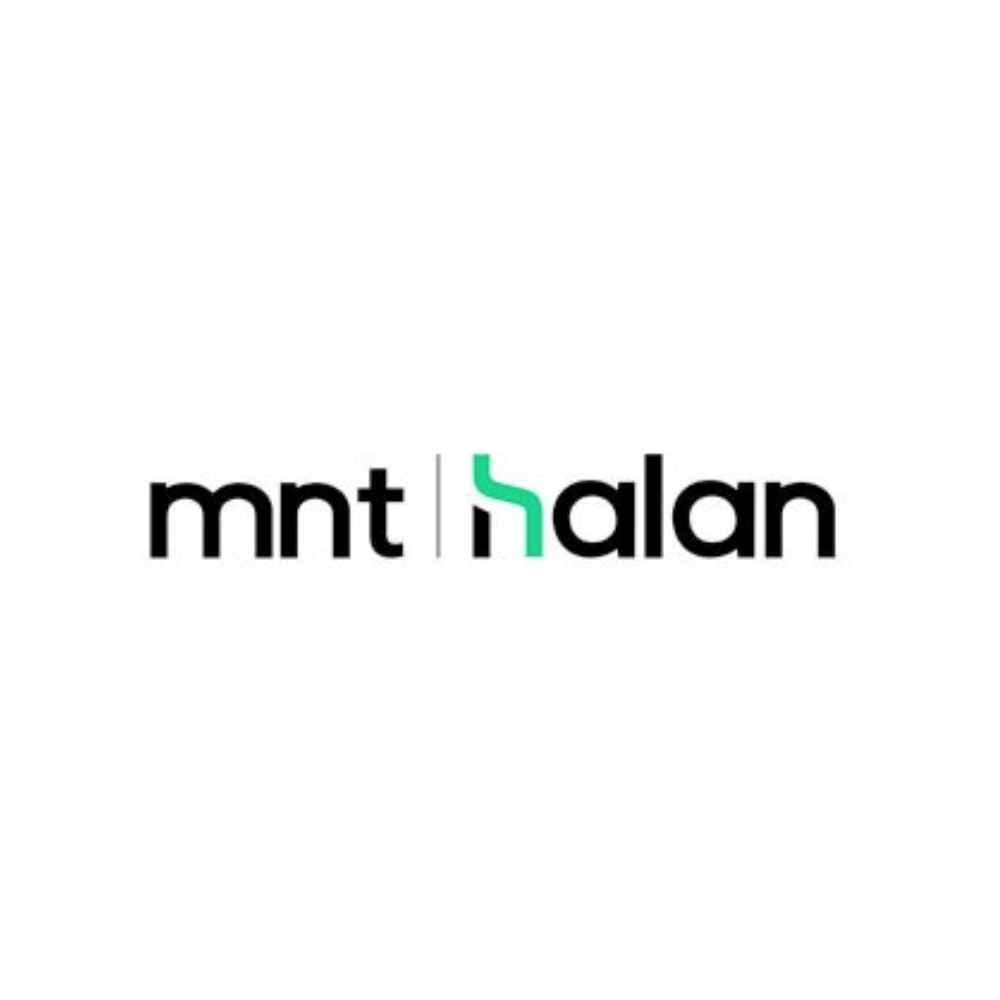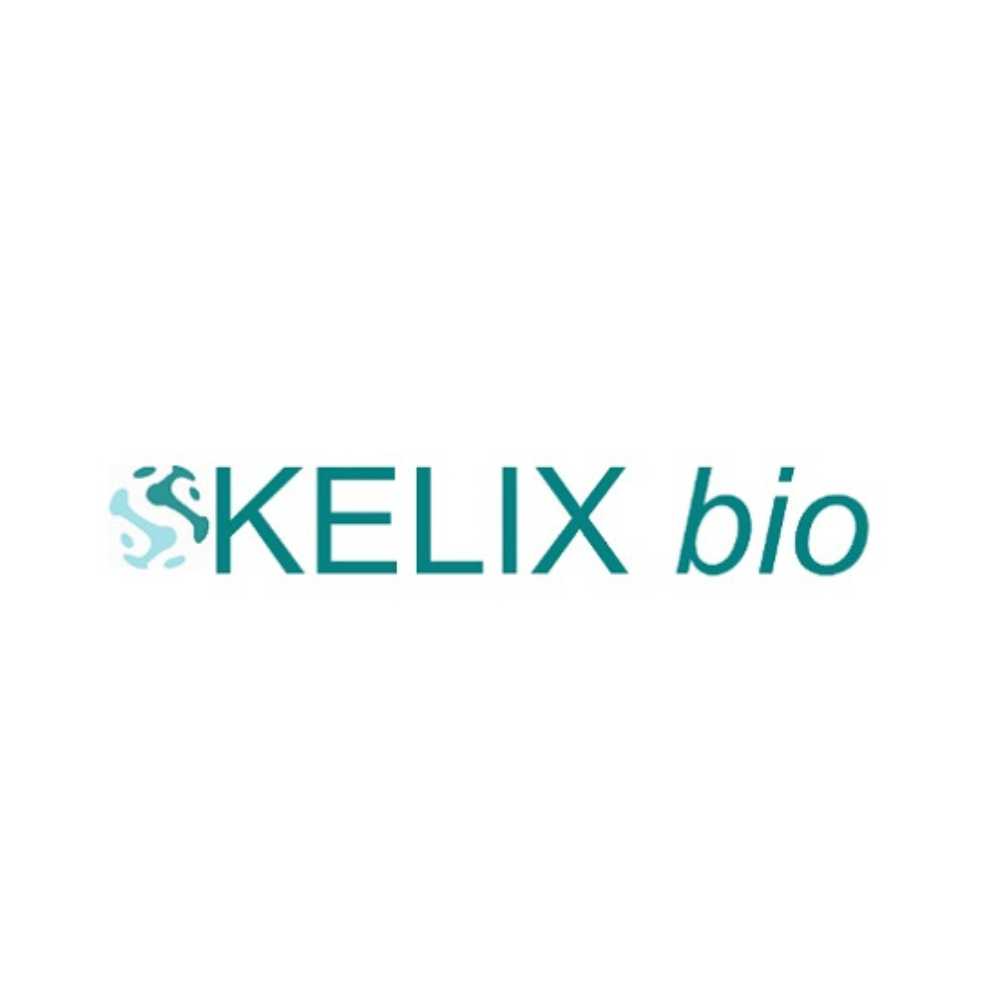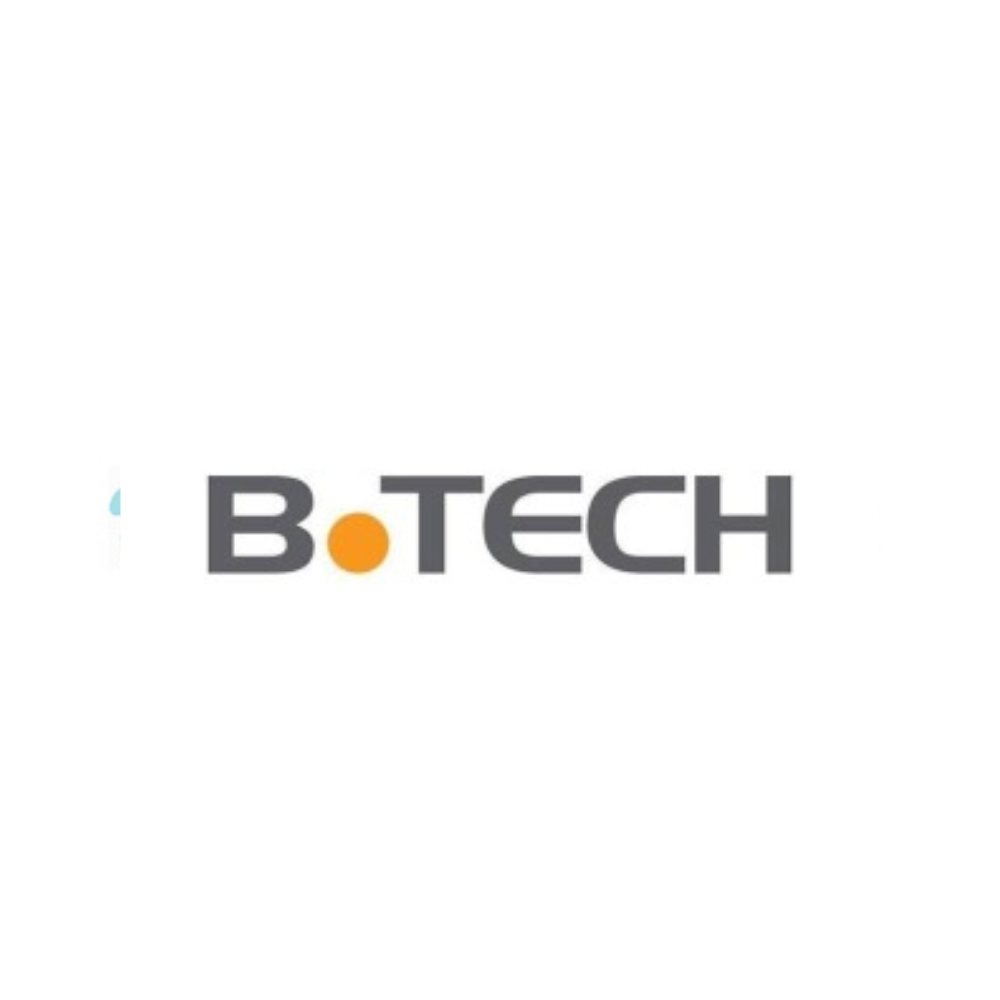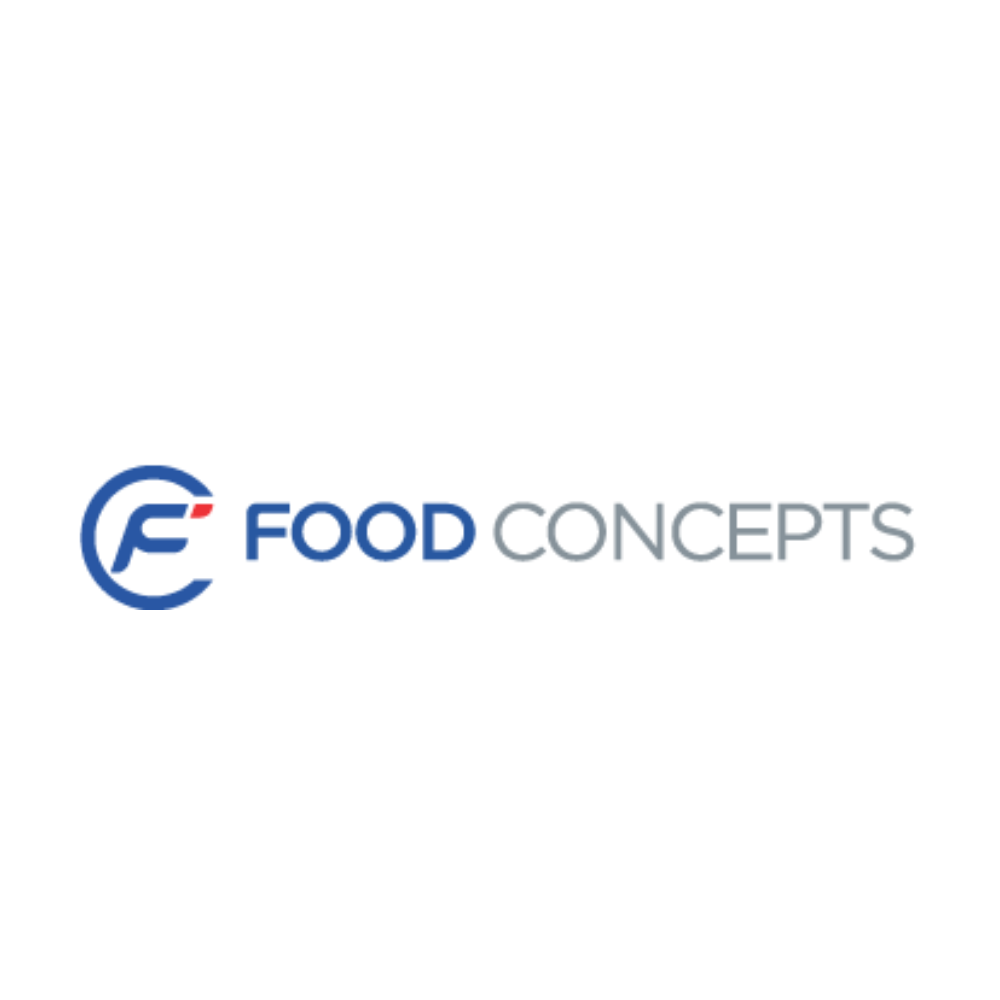MNT Halan – Financial Inclusion
MNT-Halan is Egypt’s leading technology driven provider of financial services. As of 2022, 67% of the population in Egypt remains unbanked, and MNT-Halan aims to fill the gap in the market by providing access to financial tools to over five million customers across the country.
MNT-Halan’s fintech ecosystem connects consumers, vendors and microenterprises through a digital platform and payment solutions. Its subsidiaries offer mobile banking apps, asset-based and microfinance loans, including nano loans, microenterprise and group loans.

Inputs
Investments: DPI firstly invested in MNT-Halan through its ADP II Fund in 2018, holding 25% shares. Currently DPI holds 5.2% shares through its ADP III Fund.
Labour practices and reach: Given the size of MNT’s workforce and the focus of ADP III, DPI has been engaging with MNT-Halan to implement labour practices in line with the ILO and IFC guidelines, and ensure provision of quality jobs. Even though DPI is a minority investor, we aim to increase the scale of its operations of MNT’s subsidiaries in order to maximise the reach of its products.
Outputs
Rural access to finance: The company’s services are provided across 700 branches in 25 governorates in Egypt. In 2022, 50% of MNT’s customers were first-time borrowers, and 90% of all clients were based in rural areas. Five million clients were served, and over one million loans were disbursed in 2022 valued at US$800 million.
Enabling sustainable livelihoods for women: MNT-Halan’s subsidiary, Tasaheel, provides loans aimed at low-income households, including group lending to female customers. In 2022, the company provided loans to over 419,000 women across Egypt, enabling them to invest in their own businesses and improve their livelihoods.
Business formalisation and SME financing: In 2022, the company also financed over 1,670 small and medium-sized enterprises (SMEs).
Outcomes
SDG Targets and Indicators
- SDG 1.4 – By 2030, ensure that all men and women, in particular the poor and the vulnerable, have equal rights to economic resources, as well as access to basic services, ownership and control over land and other forms of property, inheritance, natural resources, appropriate new technology and financial services, including microfinance
- SDG 1.4.1 – Proportion of population living in households with access to basic services
- SDG 9.3 – Increase the access of small-scale industrial and other enterprises, in particular in developing countries, to financial services, including affordable credit, and their integration into value chains and markets
SDG 9.3.2 – Proportion of small-scale industries with a loan or line of credit


